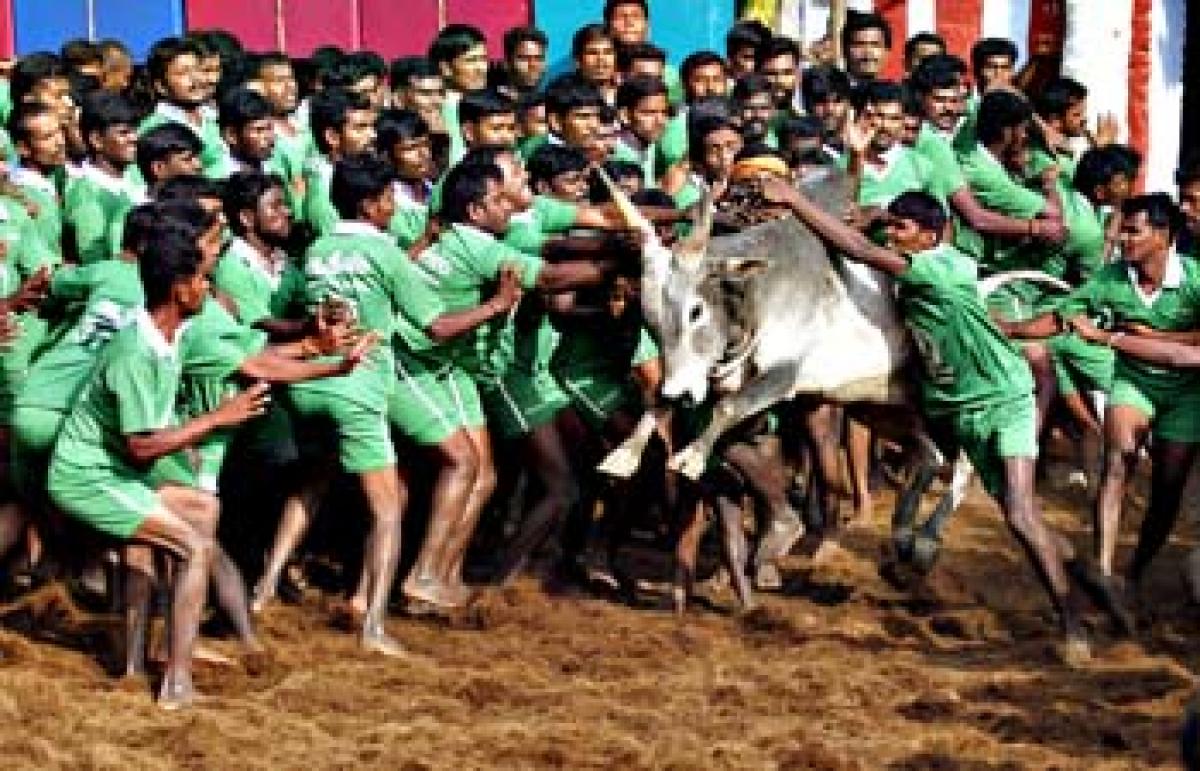Live
- Istanbul nabs over 240 illegal migrants
- BJP slams Mehbooba Mufti for remark on Indus Water Treaty
- Global brokerage CLSA shifts ‘tactical allocation’ to India from China
- Istanbul nabs over 240 illegal migrants
- Haryana CM takes dig at Punjab counterpart on setting up of new legislative Assembly
- Avvatar India and Spartan Race Kick Off India’s Ultimate Fitness Challenge in Bengaluru
- CM Revanth Reddy Pays Tribute to Guru Nanak on His Birth Anniversary
- ‘Matka’ clears censor: run-time locked
- ‘Kubera’ first glimpse looks interesting
- It took me 20 years to reach Sahnkar sir’s ears: Thaman S









